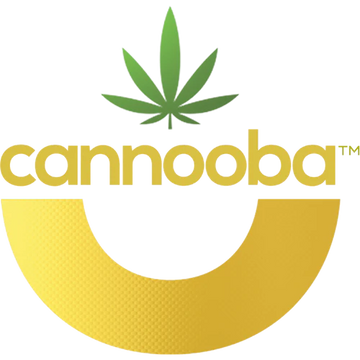
Welcome to Cannooba
We're thrilled to announce our upcoming launch of high-quality hemp-derived products that promote natural health and wellness. Our products are made with the utmost care and attention to detail, ensuring that you receive the best possible benefits from hemp-derived cannabinoids. Our initial product line includes full-spectrum CBD tinctures, softgels, and a Delta-8 soothing relief cream in Orange Eucalyptus. Our unique extraction process preserves the integrity and potency of the full spectrum of cannabinoids, terpenes, and other beneficial compounds from the hemp plant. Stay tuned for more updates and don't forget to sign up for our newsletter for exclusive discounts and promotions!
Subscribe to our newsletter
Enter the password to get access to the site
© Cannooba 2023. All Rights Reserved.